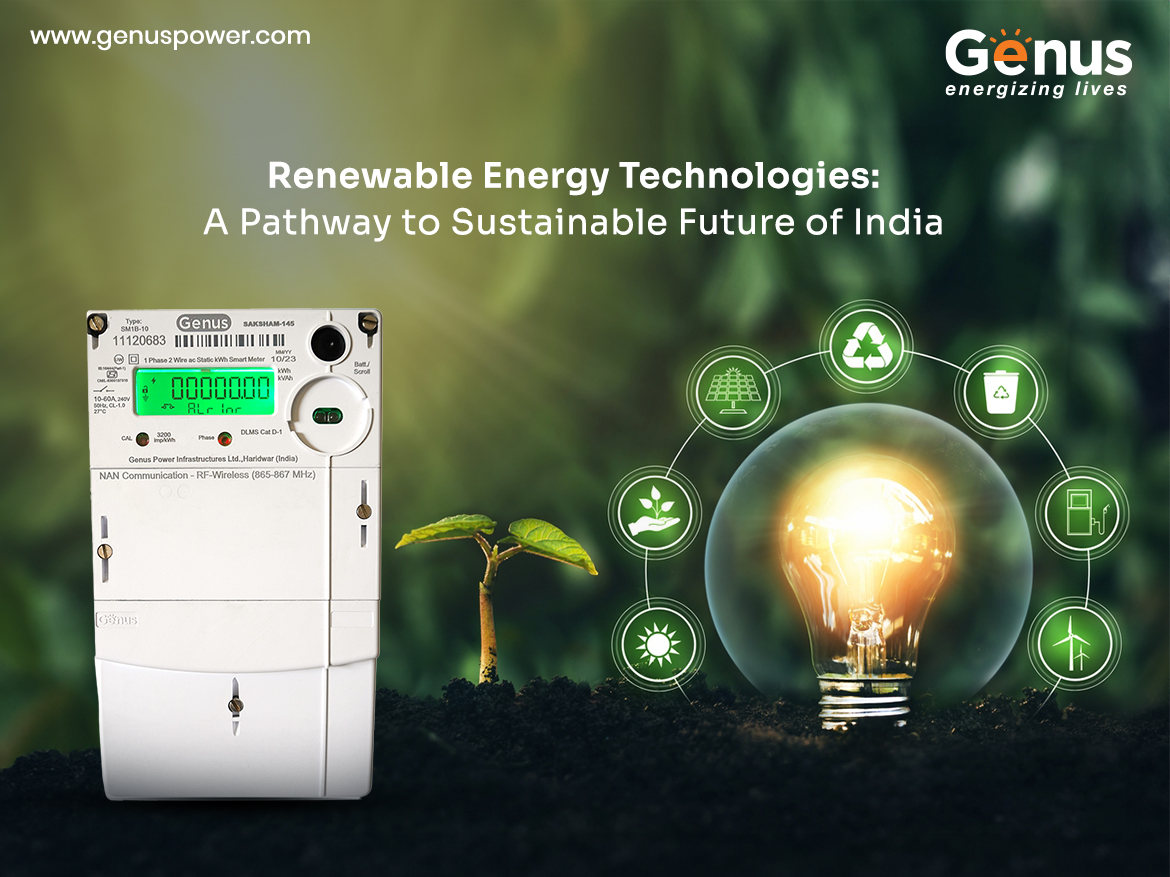
As our world faces the challenge of mitigating the negative effects of climate change and reducing dependence on fossil fuels and non-renewable resources, the need for renewable energy technologies and solutions is becoming increasingly important, with each passing day.
Global challenges like intensifying pollution, climate change, and resource depletion are increasing rapidly. Cleaner, renewable energy sources, including hydro, solar, wind, and geothermal power can help reduce environmental impact while promoting energy security and economic growth.
For the world to be sustainable, leveraging renewable energy solutions is the most important way to achieve sustainable development across nations. In this blog, we will decode the critical role of renewable energy solutions in enabling sustainable development and their potential to contribute to a more sustainable world.
But, first things first.
World conservation strategy published in 1980 by the International Union for Conservation of Nature included one of the first references to sustainable development as an important global priority and introduced the term “sustainable development”.
In simple terms, it refers to a balanced approach to meeting the needs of the present without affecting the ability of future generations to meet their own needs.
Responsible resource management, innovations like smart metering solutions, minimizing environmental impacts, and promoting social equity are all ways to achieve sustainable development. It aims to create a harmonious relationship between progress and preservation for a healthier, more resilient future.
India’s need for energy is increasing rapidly, and the fulfilment of growing amounts of energy is a vital prerequisite for a nation to thrive. With renewable energy technologies, we can create a world where everyone has access to the resources they need to live a decent life without harming the environment.
By replacing conventional energy sources, renewable technologies reduce air and water pollution, lower carbon footprints, and help conserve biodiversity. Renewable energy contributes to sustainable development by helping countries meet their energy needs while protecting the environment for future generation
Let’s look at some renewable energy sources that play a vital role in enabling sustainable development:
Solar Energy is the heat and light coming directly from the sun that is captured and harnessed to produce electricity using solar panels. These panels use the photovoltaic effect to convert light into electric current.
Hydropower is generated by utilizing the kinetic energy of flowing water to produce electricity. Powered by advanced technologies, it does not produce any greenhouse gases in the process and is therefore known as a green source of energy.
Wind energy is one of the most reliable renewable energy sources that focuses on harnessing the kinetic energy generated from flowing air. It is mainly used to move large wind turbines to generate electricity for commercial and residential uses.
Sustainable development aims to balance economic, social, and environmental concerns to ensure a better future for everyone. Let’s discuss how renewable energy solutions and technologies are contributing to the goal of sustainable development:
As climate change intensifies, energy security becomes a growing concern for many nations. These technologies enhance energy resilience by diversifying energy sources. Renewable energy systems, particularly decentralized solar or wind farms, also have the advantage of being more resilient to extreme weather events.
Countries with abundant renewable resources can harness local energy generation, ensuring that their energy supply is less vulnerable to geopolitical conflicts or fluctuations in global fuel prices. Smart energy meter devices also help in ensuring energy security and resilience, contributing to a more stable and sustainable energy future.
Traditional energy production, primarily from fossil fuels like coal, oil, and natural gas, releases large amounts of greenhouse gases (GHGs) into the atmosphere. In contrast, renewable energy sources, such as solar, wind, hydro, and geothermal power, produce little to no direct emissions.
By replacing conventional energy sources, renewable technologies reduce air and water pollution, lower carbon footprints, and help conserve biodiversity. Renewable energy technologies contribute to sustainable development by helping countries meet their energy needs while protecting the environment for future generations.
Renewable energy solutions are also key drivers of economic growth. The renewable energy sector is one of the fastest-growing industries globally, creating millions of jobs in manufacturing, installation of smart meter devices, maintenance, and research and development. Countries investing in renewable energy infrastructure benefit from new industries, local manufacturing, and sustainable job opportunities. For developing nations like India, renewable energy offers a path to economic independence and stability.
Perhaps one of the most urgent challenges facing the global community is climate change. Renewable energy sources offer a practical solution to reducing greenhouse gas emissions and slowing the effects of global warming. By transitioning to renewable energy, countries can meet their climate goals, reduce global emissions, and limit the rise in global temperatures.
Conclusion
As the world seeks solutions to pressing environmental and social challenges, renewable energy technologies remain at the forefront of building a sustainable, equitable, and prosperous future for all.
With the adaptation of clean, renewable sources of energy, we can ensure a sustainable future for all, with economic, social, and environmental benefits for the present and future generations.
Genus is proud to be playing an important role in enabling sustainable development for the nation with smart advanced metering solutions to help build a sustainable, equitable future for all.
For more information on our smart metering infrastructure solutions, please visit our website or contact our experts.